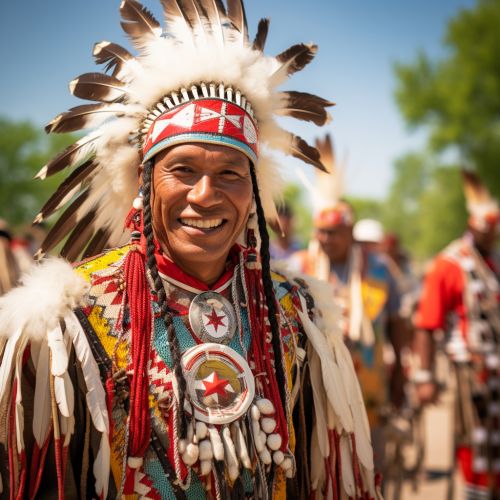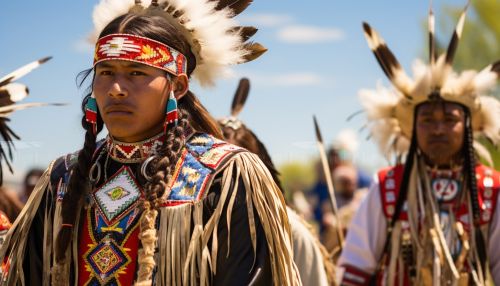Nebraska
Geography
Nebraska is located in both the Great Plains and the Midwestern United States. The state is bordered by South Dakota to the north, Iowa to the east and Missouri to the southeast, both across the Missouri River, Kansas to the south, Colorado to the southwest, and Wyoming to the west. It is the only triply landlocked U.S. state.
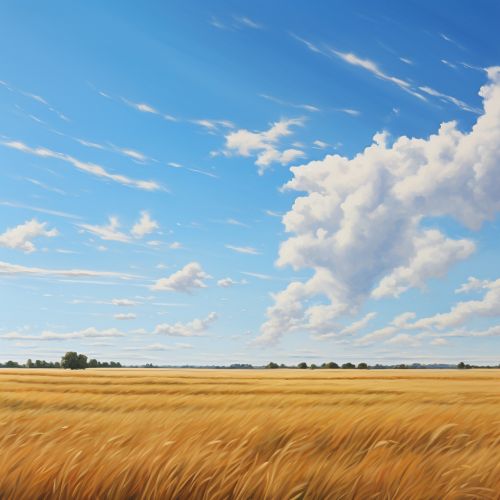
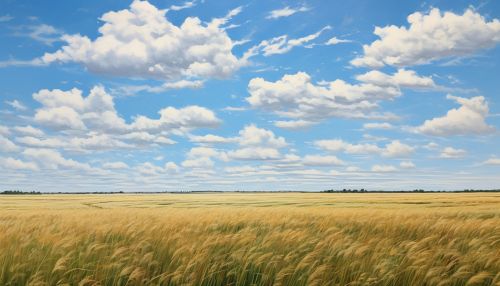
Climate
Nebraska has a wide range of climates, from semi-arid in the west to humid continental in the east, with a majority of the state experiencing a humid continental climate. The state experiences significant temperature variations between summer and winter, with very cold and often harsh winters and hot, humid summers.
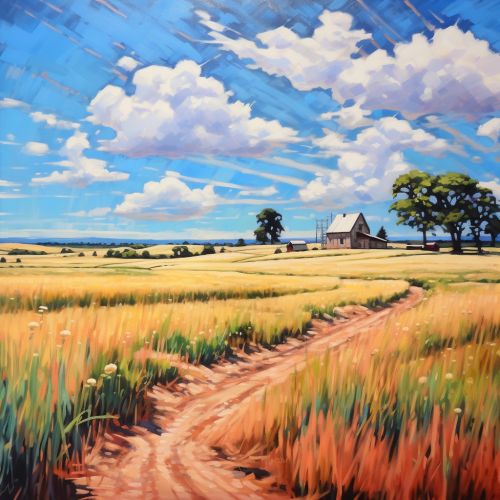
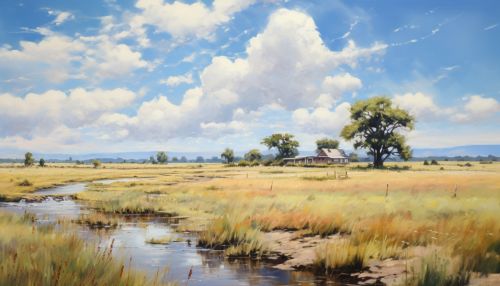
History
The history of Nebraska dates back to its formation as a territory by the Kansas-Nebraska Act, passed by the United States Congress on May 30, 1854. The Nebraska Territory was expanded in the 1860s, and was admitted to the Union on March 1, 1867, as the 37th state.
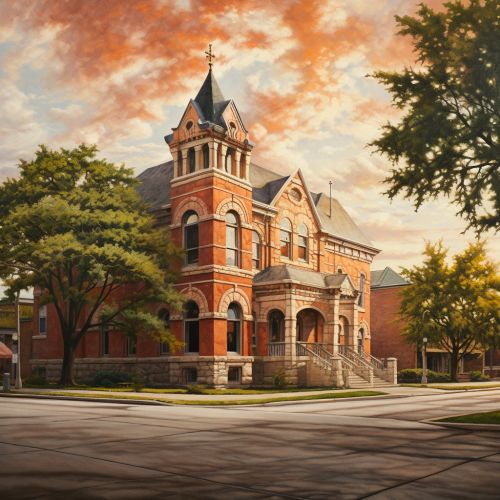
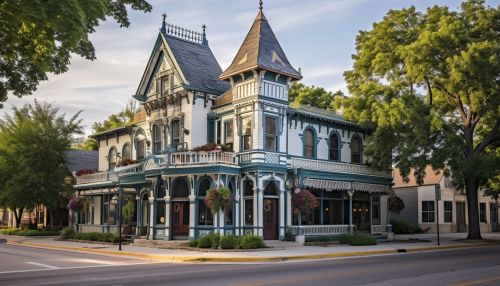
Economy
Nebraska's economy is primarily based on agriculture, with major crops including corn, soybeans, and beef. The state also has a significant amount of industry, including manufacturing, information technology, telecommunications, and transportation.
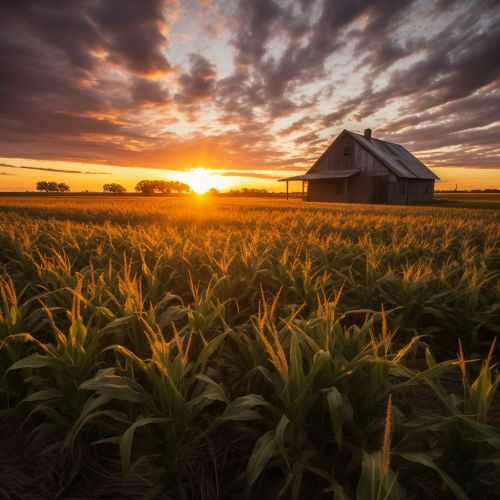
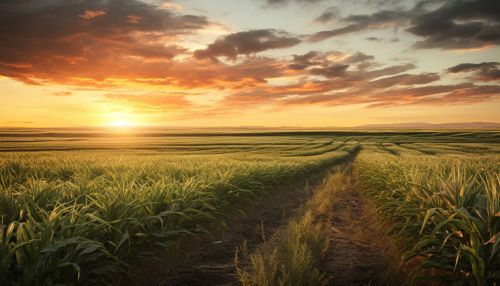
Demographics
As of 2019, the population of Nebraska was approximately 1.9 million people. The state has a large number of descendants of the Czech, German, and Irish immigrants who began settling in large numbers in the mid-19th century.

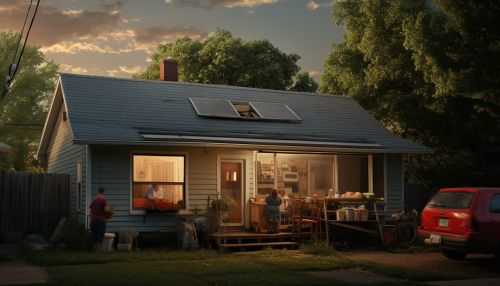
Culture
Nebraska's culture is deeply rooted in its agricultural heritage. Music, art, and sports are important aspects of the cultural landscape of Nebraska, and the state is home to several cultural institutions and festivals.
